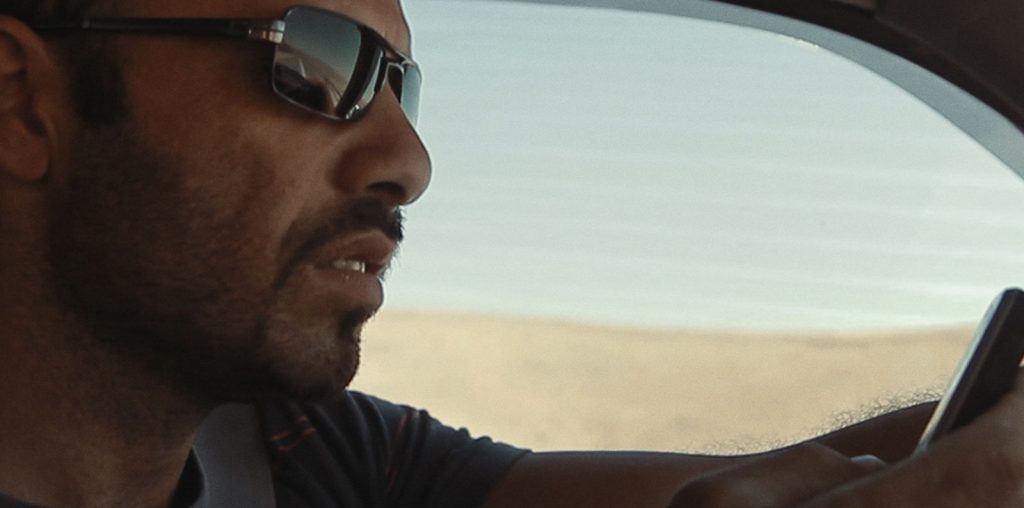
Director Ran Tal’s eye-opening documentary, What If? Ehud Barak on War and Peace, is a thorough look back at the Arab/Israeli situation during Yassar Araft’s governance of the state of Palestine. The key element in this retrospective is that it is seen through the eyes of one of the principal players in the events of the time, former Israeli Prime Minister Ehud Barak. According to his bio, Tal is “an independent director whose documentaries focus on Israeli reality through a historic social perspective.“ He brings all his experience to bear in this absolutely remarkable documentary.
The filmic elements of the doc are minimal. Essentially this is Barak talking with interspersed images and clips from the historical events he describes. In that way, it’s reminiscent of Errol Morris’s film The Fog of War, which presented a very similar style of post-war historical analysis by Robert McNamara, a key strategist of the Vietnam War. The filmmaker educates the viewer in three crucial ways, and if any of these areas were missing, the message would distort and confuse: Firstly, Barak lays out the foundations of the state of Israel. Then, he describes the progression from the Arab-Israeli war in 1948, to the Suez crisis in 1956, to the Six-day War in 1967, culminating in the Camp David Summit in 2000, hosted by President Bill Clinton.
“…a thorough look back at the Arab/Israeli situation during Yassar Araft’s governance…”
Secondly, Barak speaks of his life in various phases throughout What If? Ehud Barak on War and Peace. He was a youth in the Israeli Defense Force (IDF), rising up through a 35-year career to earn the highest possible ranking. He is considered a stone-cold genius on the battlefield and was highly decorated. His fearless willingness to conduct clandestine operations is legendary.
Barak also holds degrees in physics and math, as well as engineering economics. He did all his academic work while actively serving in the IDF. Barak entered politics later in life and was elected Prime Minister of Israel in 1999. His historical counterpart during these formative years for Israel was Yasser Arafat. Barak expresses deep respect, admiration, and almost affection for a man he once had made a plan to assassinate. Clearly, he felt Arafat to be a worthy opponent. He also completely understands the man’s motivations and actions. Barak concludes that if he’d been born Arab instead of Israeli, he’d have become exactly who Arafat did.

"…consider what impact one man can have on the world..."


